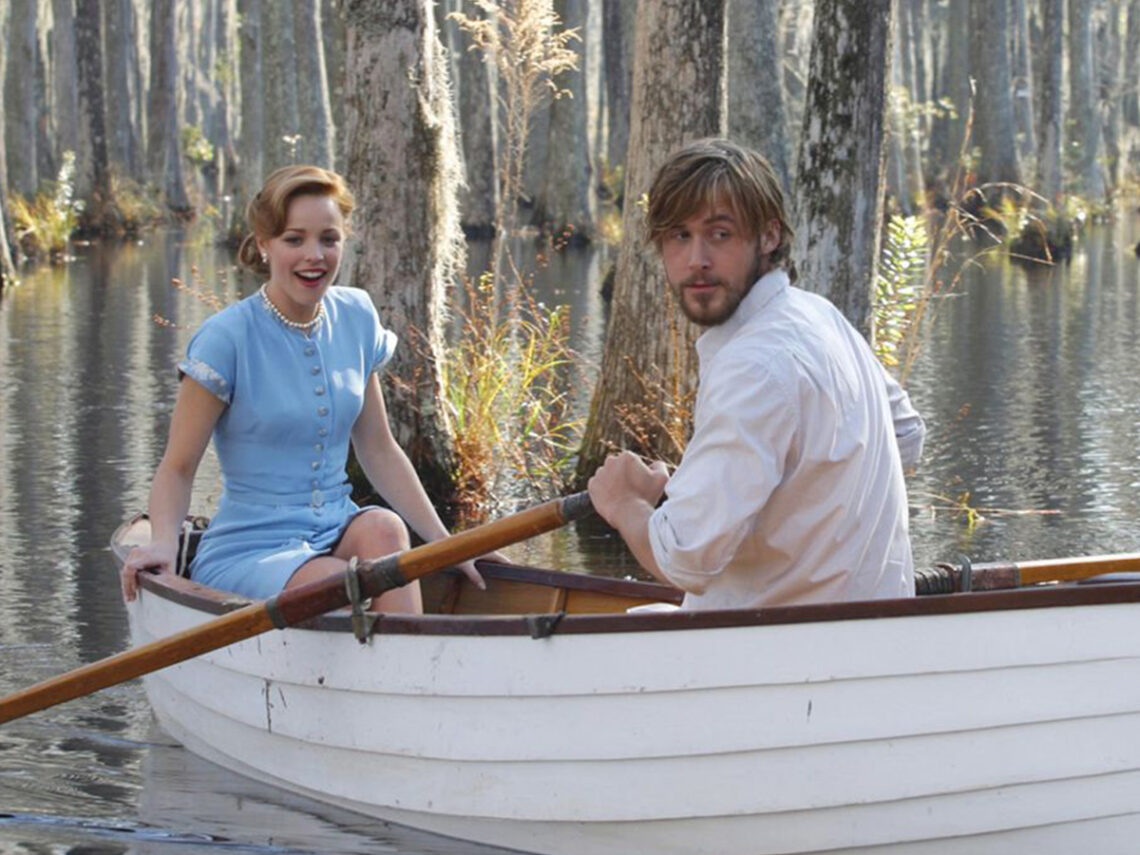
‘The Notebook’ is romantic… But it also teaches awful lessons about love
There is no denying it. The Notebook is every romantic’s go-to comfort film. For years, it has been the blueprint for passionate, stormy, all-consuming love stories. Ryan Gosling and Rachel McAdams gave us one of the most memorable movie kisses of all time. And that final scene? It broke something in us.
It is the kind of movie that defines romance for an entire generation. It gave us hope. It gave us butterflies. It gave us wildly unhealthy expectations. Because once you get past the piano score and nostalgic visuals, what you are left with is a very messy, emotionally unstable blueprint for love. A relationship that would probably not survive one real-world therapy session. But sure, let’s keep calling it “iconic.”
So if we are going to keep rewatching The Notebook, maybe it is also time to rethink what it really teaches us about love. For instance, the idea of writing 365 letters might seem poetic. In theory, a man writing a letter every single day for a year feels like the kind of thing that would melt your heart. Until you stop and realise he did it after she had moved on, was engaged, and clearly had not asked for that level of persistence. That is not love. That is a long-term emotional hobby. You know what else lasts a year? Grudges. This is just a grudge wearing perfume. Sure, there is something sweet about not giving up on someone. But there is also something unsettling about defining love as a refusal to let go, no matter the cost.
Let’s also talk about Lon Hammond. A wealthy, respectful, emotionally available, and proposes like a grown-up. But the movie frames him as the boring choice. He gets sidelined because he is too stable and not emotionally explosive enough to qualify as a soulmate. The “wrong” choice simply because he is not chaotic. The film tells us that wild, unpredictable passion is the only kind of love worth having. And in doing so, it undervalues mature, stable relationships. Real love is not always fire and fights. Apparently, choosing a man who supports your dreams and treats you like a human being is considered settling. Good to know.
Meanwhile, Noah and Allie fight. A lot. And The Notebook paints it as passion. Allie and Noah’s relationship swings between kissing and screaming with such intensity it feels like watching a tennis match. The film wants us to see this as chemistry. But what it really shows is two people who never learned to communicate without yelling. Emotional turbulence should not be romanticised. If your relationship feels like a full-time emotional boxing ring, that is not intensity. That is exhaustion. Arguments will happen, sure. But if chaos is the default setting, something is off.
And what happened to Allie? When we first meet her, she is spirited, artistic, and curious. She paints, she dreams, she has her own identity. By the end of the movie, her character revolves entirely around Noah. Her ambitions, her art, her choices: everything takes a back seat to the love story. The Notebook never questions that. It does not ask what Allie wants or what she could have become if her world had not revolved around a man. That silence is telling. And it is something a lot of women still internalise: that love means sacrificing your own path.
None of this is to say that The Notebook is a bad film. It is iconic for a reason. It makes us feel things. It reminds us of a time when we believed love could conquer anything. It is still visually stunning and emotionally gripping. But maybe we can stop pretending it is the gold standard for romance.
It is messy, dramatic, and full of red flags dressed in vintage clothing. And the next time someone says, “I want a love like Noah and Allie,” maybe ask them which part. The letters? The Ferris wheel stunt? Or the constant fighting?
Because once you take the tears out of your eyes, the movie starts to look less like a love story and more like a relationship advice column written by chaos itself.